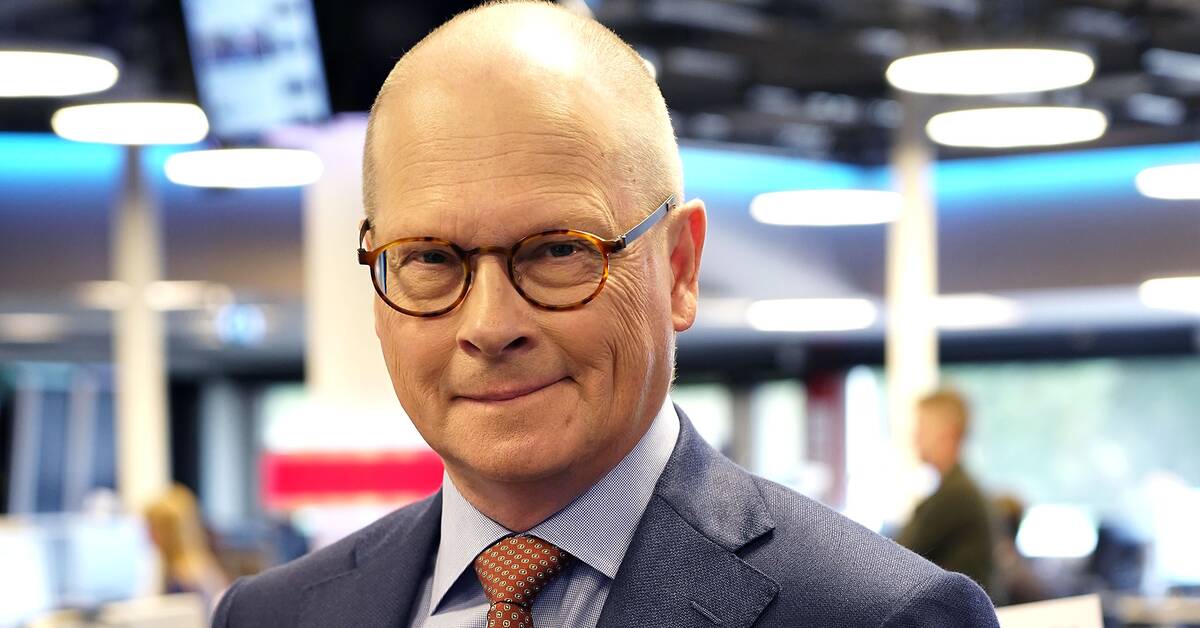Now cracks are beginning to appear in the government facade.
The criticism from SD about how the government is handling the so-called retirement allowance may lead to SD settling in the Riksdag with the opposition, which could pave the way for a painful defeat for the government.
The clearest conflict this week has otherwise been about the view on the Koran burning and its consequences for Swedish foreign and security policy.
Stagnation in the Swedish NATO process
Prime Minister Ulf Kristersson stated the other day that rapid entry into NATO is the most important issue right now for Swedish national security.
But the action outside the Turkish embassy in Stockholm created great anger in Turkey, which has brought the Swedish NATO process to a halt.
Ulf Kristersson wrote on social media that he felt sympathy for Muslims who felt offended by the Koran burning, something that caused SD leader Jimmie Åkesson to react.
It is a dangerous way to "feel sorry for" those who want to restrict Swedish freedom of expression, he said in his criticism of the Prime Minister's message.
One of SD's heaviest politicians, Justice Committee chairman Richard Jomshof, went even further when he talked about burning more Korans.
Long history of "Russian terror"
Despite the sensitive situation in the NATO process, leading SD politicians choose to underline the criticism of Islam and Islamism.
It exposes yet another crack in the government's foundation and can be perceived as the criticism of Islam being more important to the Sweden Democrats than Swedish NATO membership.
It could be costly in terms of opinion for the party.
According to Novus' latest survey, 73 percent of Swedish voters are afraid of Russia as a great power.
At the same time, 63 percent want Sweden to become a member of NATO.
At bottom there is a long history of "Russian fear" in Sweden after centuries of war and conflict.
That fear has been fueled by the war in Ukraine.
If the Sweden Democrats are perceived as a party that contributes to damaging or undermining the Swedish NATO process, the voters' verdict may be harsh.
Moreover, in a situation where Russia is considered to be the country that has the most to gain from Sweden and Finland not becoming NATO members.
Debate on Koran burning "a delicate issue"
For the Sweden Democrats, matters are further complicated by the fact that Russia has long been a problematic issue for the party.
Time and again, SD has been accused by its critics of not being able or willing to choose a side.
Just a few weeks before the outbreak of war last year, SD leader Jimmie Åkesson, for example, refused to choose between US President Joe Biden and Russian President Vladimir Putin.
The party's former defense policy spokesperson, Roger Richthoff, shared Russian propaganda on social media during the initial stages of the war last year.
Another of the party's former leading politicians, Mikael Jansson, has also participated in meetings in Moscow about developing cooperation with the Kremlin.
The debate about the Koran burning and its consequences for Swedish foreign and security policy has thus become a delicate issue for Jimmie Åkesson.
With his statements, he possibly wants to secure Islam-critical voters on the right, who are doubtful about or do not want Sweden to join NATO.
At the same time, however, Åkesson risks alienating wider voter groups who see NATO membership as a protection against Russian aggression.

